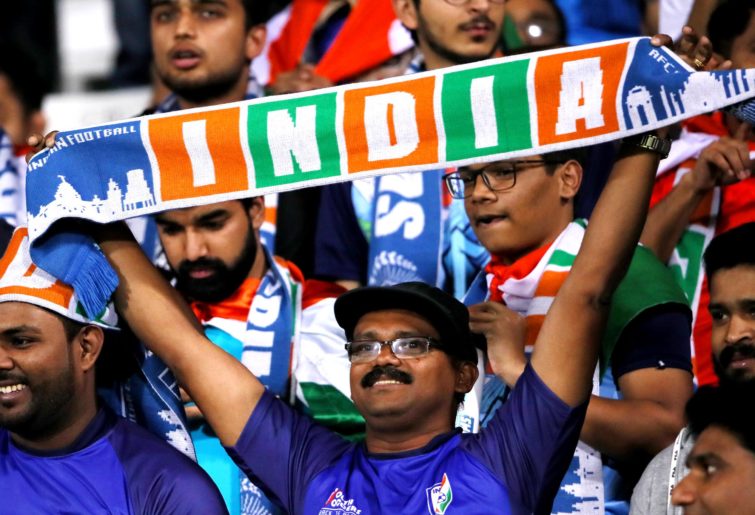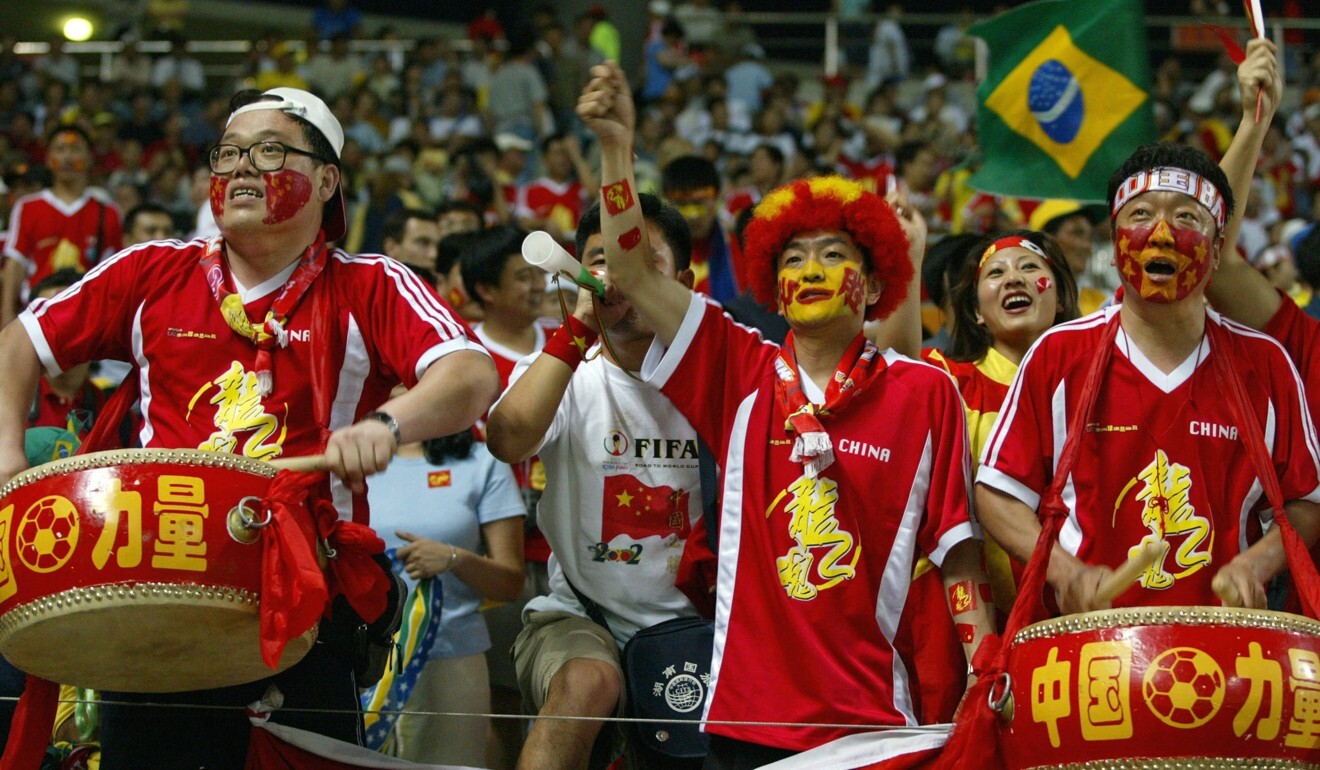Asia at the FIFA World Cup, Part 1 – Bad times

With the FIFA World Cup less than two weeks away and no Thai team to cheer for, The Thaiger takes time to reflect on the good and bad times of Asia’s teams at the world’s premier sporting event.
Thai people are crazy about football, but their national team is… not very good. But while Thailand has nothing to be proud of, there are plenty of Asian neighbours with something to be ashamed of.
Three sleeping giants
Together China, India, and Indonesia are home to close to 40% of the world’s people.
They have each qualified for (or been invited to) the finals once, Indonesia in 1938, India in 1950, and China in 2002.
The three have played a total of four matches, losing them all, with an aggregate score of 0-15. It’s not a great record.
Indonesia, 1938
In the news this year for the wrong reasons, Indonesian football has been in trouble before. The country was also banned from the 2018 World Cup after the sports ministry cancelled the domestic season because of a row over which teams were eligible to compete.

But Indonesia reached the FIFA World Cup finals in France in 1938, where they were invited to compete as the Dutch East Indies.
They played their first match against Hungary, losing 6–0. At that time, the competition was a straight knockout, so their first game was also their last. They played it and went home. Of all the countries that have appeared in the World Cup finals, Indonesia has played the least matches.
It wasn’t easy for actual Indonesians to make the team, dominated as it was by white Dutch colonialists. Unfortunately for the white supremacists, the Indonesians were simply too good to ignore and eventually the FA changed its policy. It didn’t do much good though when it came to the actual game. Just how bad were those dutchmen?
FIFA, no friend to any fan of the beautiful game, won’t let us show their fascinating video about the Indonesians’ struggle to be allowed to represent their own country, but there is a link at the end. It’s worth a look.
India, 1950
India caught the eye of the world at the 1948 London Olympics when none of the team wore shoes. Some played in socks, most played barefoot. India lost to France 2-1 in the first round.

The match was already on the front rather than the back pages. India was participating in an international tournament as an independent nation for the first time, and there was quite a fuss. But it was the bare feet that kicked up the most attention, not the politicking. Like the Indonesian unfortunates above, India played once, lost and went home.
The 1950 FIFA World Cup in Brazil was an invitation-only affair. FIFA decided that one team would come from Asia. A ramshackle qualification system invited the Philippines, Indonesia, and Burma in turn, with each refusing the invitation, so it came down to India, But they too, withdrew from the tournament. Sadly though, the story that India was banned from the event because they refused to wear shoes, turns out to be a bare-footed lie.
India’s non-participation came down to a couple of factors. The first, and the reason given by at least Burma, Indonesia, the Philippines and Turkey, was that it was tremendously difficult, dangerous and time-consuming to get to Brazil, even with FIFA offering to pay most of the expenses.
But the truth is probably even more boring. When he was in his eighties, Sailen Manna, who would have been captain of the team, told Sports Illustrated…
“We had no idea about the World Cup then. For us, the Olympics was everything. There was nothing bigger.”
With or without shoes, it seems India just couldn’t be bothered turning up.
China, 2002
Chinese President Xi Jinping is obsessed with football. In 2011, a year before he became president, he told a South Korean politician that he had “three wishes” – to qualify for the World Cup, host the World Cup, and win the World Cup. It must be music to the ears of the Taiwanese to know they are not part of Xi’s crazy dreams.

In 2014, China reckoned its domestic football market would be worth US$4.2 billion (150 billion baht) by 2025. The next year, Beijing launched a plan to make football the country’s national sport, lumping the responsibility for success firmly at the feet of the “younger generation,” which in Chinese politics means anyone under 60.
All schools were instructed to include football in their physical education lessons. But it hasn’t made any difference. China’s football team is a global embarrassment, and no better today than the useless shower that rocked up in Korea in 2002.
By then the tournament had group stages, not just a way of squeezing more money out of fans, but to reassure the worst of teams that they would play at least three games. No one wants to travel halfway around the world just to get one solitary kicking by moustachioed Magyars. Nor to witness one. So China’s finest got the opportunity of receiving not one battering, but three!
Most countries don’t call 0-2 a hammering, but most games are not against Paulo Wanchope’s mighty Costa Rica. Then it was 0-4 to tournament minnows Brazil, before the final humiliation of 0-3 to Turkey, while gifting the Turks the goal difference they needed to progress.
In China’s defence, Brazil, and Turkey would meet again in the semi-final, and Brazil featuring Ronaldo, Rivaldo and Ronaldinho, would eventually emerge as worthy Champions.
Find the full stories here:
Latest Thailand News
Follow The Thaiger on Google News:


























